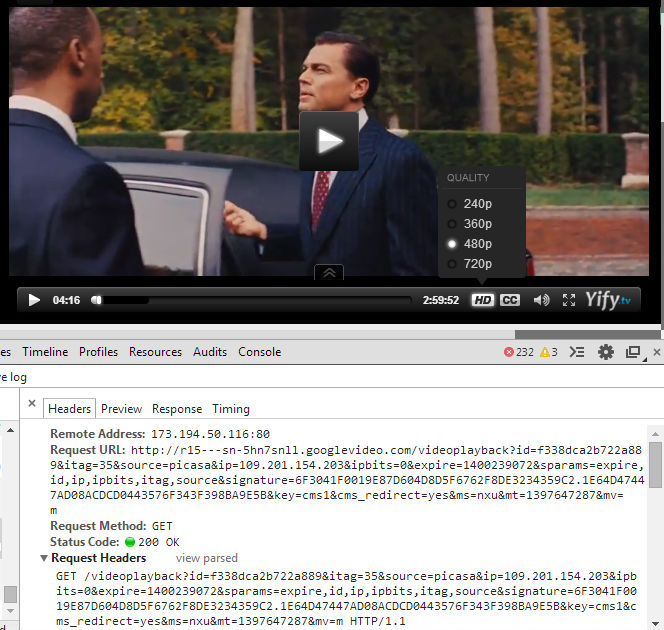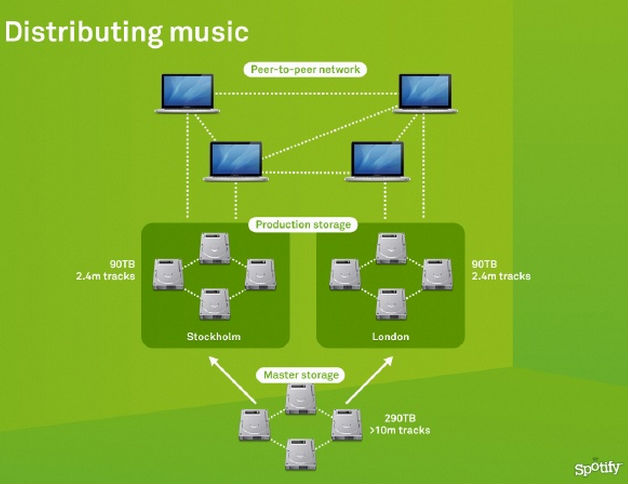MPAA and RIAA Members Uploaded Over 2,000 Gigabytes to Megaupload
vendredi 18 avril 2014 à 19:25 Following in the footsteps of the U.S. Government, this month the major record labels and Hollywood’s top movie studios filed lawsuits against Megaupload and Kim Dotcom.
Following in the footsteps of the U.S. Government, this month the major record labels and Hollywood’s top movie studios filed lawsuits against Megaupload and Kim Dotcom.
While the legal action doesn’t come as a surprise, there is a double standard that has not been addressed thus far.
The entertainment industry groups have always been quick to brand Megaupload as a pirate haven, designed to profit from massive copyright infringement. The comment below from MPAA’s general counsel Steve Fabrizio is a good example.
“Megaupload was built on an incentive system that rewarded users for uploading the most popular content to the site, which was almost always stolen movies, TV shows and other commercial entertainment content,” Fabrizio commented when the MPAA filed its suit.
However, data from Megaupload’s database shared with TorrentFreak shows that employees of MPAA and RIAA member companies had hundreds of accounts at the file-storage site. This includes people working at Disney, Warner Bros., Paramount, 20th Century Fox, Universal Music Group, Sony, and Warner Music.
In total, there were 490 Megaupload accounts that were connected to MPAA and RIAA members, who sent 181 premium payments in total. Together, these users uploaded 16,455 files which are good for more than 2,097 gigabytes in storage.
Remember, those are only from addresses that could be easily identified as belonging to a major movie studio or record label, so the real numbers should be much higher.

But there’s more. The same companies that are now asking for millions of dollars in damages due to massive copyright infringement were previously eager to work with Megaupload and Megavideo.
As we noted previously, Disney, Warner Brothers, Fox and others contacted Kim Dotcom’s companies to discuss advertising and distribution deals.
For example, Shelina Sayani, Digital Marketing Coordinator for Warner Bros, offered a deal to syndicate “exciting” Warner content to Megaupload’s Megavideo site.
Subject: Warner Bros. – Looking for Content Manager
Date: Wed, 14 Jan 2009 08:55:50 -0800
From: Sayani, Shelina
To: demand@megavideo.comDear Megavideo,
I’m writing from Warner Bros., offering opportunities to syndicate our exciting entertainment content (e.g. Dark Knight, Harry Potter, Sex and the City clips and trailer) for your users. Could you please pass on my information to the appropriate content manager or forward me to them? Thanks so much for your time.
Shelina Sayani
WB Advanced Digital Services
3300 W Olive Ave, Bldg 168 Room 4-023
Burbank, CA 91505
818.977.4668
Similarly, Disney attorney Gregg Pendola reached out to Megaupload, not to threaten or sue the company, but to set up a deal to have Disney content posted on the Megavideo site.
Subject: Posting on Megavideo.com
From: “Pendola, Gregg”
Date: 8/13/2008 10:06 AM
To: love@megavideo.comMy name is Gregg Pendola. I am Executive Counsel for The Walt Disney Company. Certain properties of The Walt Disney Company have content that they would like to post on your site.
However, we are uncomfortable with a couple of the provisions of your Terms of Use that we feel may jeopardize our rights in our content. We were hoping that you would be amenable to reviewing a 1-page agreement we have drafted that we would like to use in place of your Terms of Use.
Is there someone I can contact to discuss this? Or someone I can email the Agreement to for review?
Thanks. Gregg
Gregg Pendola
Executive Counsel
The Walt Disney Company
For Fox, the interest in Megaupload wasn’t necessarily aimed at spreading studio content, but to utilize Megaupload’s considerable reach by setting up an advertising deal. In this email former Senior Director Matt Barash touts FAN, the Fox Audience Network.
Subject: Fox Ad Partnership
Date: Mon, 23 Feb 2009 08:09:14 -0800
From: Matt Barash
To: sales@megaupload.comI’m reaching out to see if you have a few minutes to discuss the recently launched Fox Audience Network.
FAN is now up and running and fully operational, utilizing best of breed optimization technology to bring cutting edge relevancy to the ad network landscape.
We are scaling rapidly and seeking the right 3rd party publishers to add as partners to our portfolio.Please let me know if you have some time to chat this week about how we can work together to better monetize your inventory.
Best,
MattMatt Barash
Director, Publisher Development
Fox Audience Network
The above are just a few examples of major industry players who wanted to team up with Kim Dotcom. Now, several years later, the same companies accuse the site of being one of the largest piracy vehicles the Internet has ever seen.
If the MPAA and RIAA cases proceed, Megaupload’s defense will probably present some of these examples to highlight the apparent double standard. That will be an interesting narrative to follow, for sure.
Source: TorrentFreak, for the latest info on copyright, file-sharing and anonymous VPN services.



 Google has been in the crosshairs of the entertainment industries for a while now. These companies believe that Google is
Google has been in the crosshairs of the entertainment industries for a while now. These companies believe that Google is 

